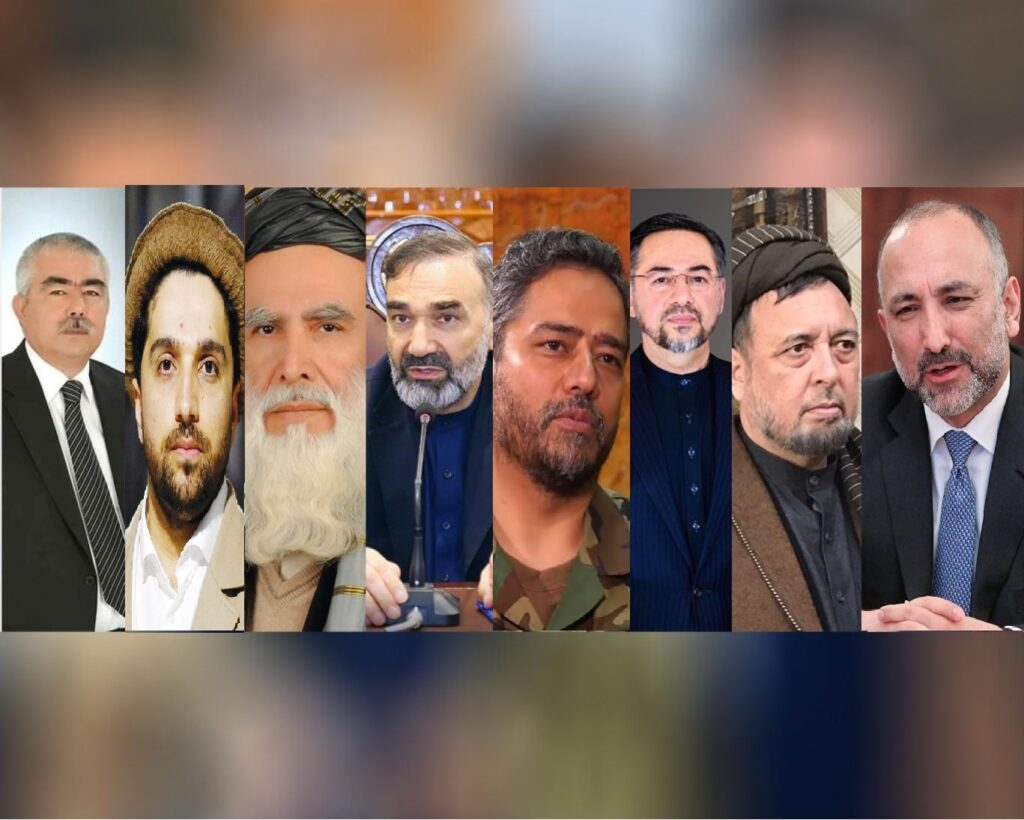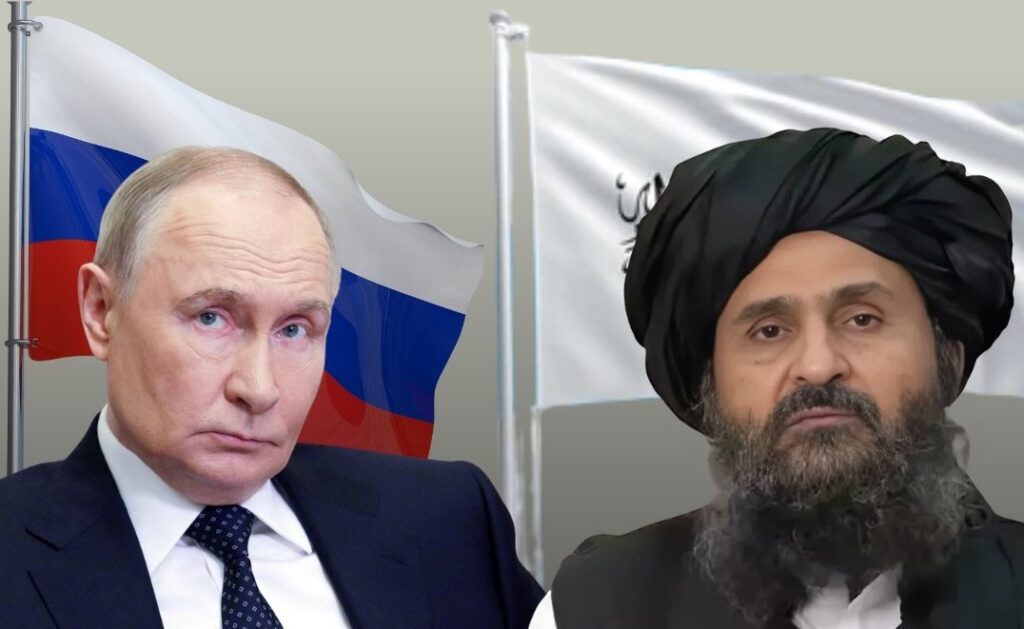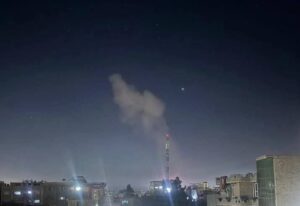Review of Afghanistan developments
At last, as the fourth anniversary of the Taliban government approaches, Russia has initiated its recognition of Afghanistan’s caretaker government for the first time. While the interactive process undertaken by Russia made this recognition somewhat foreseeable, the speed at which it occurred was surprising. Regardless, Russia’s formal acknowledgment of the Taliban government represents a significant development that warrants analysis from various perspectives. This article explores the implications of this recognition in both domestic and international contexts.
Domestic Impacts of Recognizing the Taliban Government
The effects of recognition within the domestic sphere can be analyzed from two perspectives. Undoubtedly, one of the primary beneficiaries is the government; however, another consideration is the influence of this Russian initiative on the adversaries of the Taliban, which can be mentioned in the form of various individuals and groups, albeit uncoordinated.
A: Taliban government
Initially, the formal recognition of Afghanistan’s caretaker government by a significant power such as Russia greatly enhances the morale of the Taliban government. The absence of recognition for the Taliban government during the last four years has prompted numerous inquiries, even among its advocates. This circumstance has adversely affected the morale of its members and supporters, and the official recognition by Russia has significantly assisted the Taliban government in alleviating some of these detrimental attitudes.
Secondly, Russia’s recognition of the Taliban government serves to enhance its domestic legitimacy. It is evident that the Taliban administration encounters difficulties within the domestic arena due to its stringent policies, particularly regarding women’s rights. Russia’s formal recognition of the Taliban government may at least offer a cover for these stringent policies in the short term. The adverse consequence of this Russian action is that it will reinforce the Taliban administration’s resolve to persist with certain strict domestic policies, as the factors that previously created a rift between the international community and the Taliban administration are no longer viewed as barriers to the Taliban’s acceptance on a global scale.
B: Opponents of the Taliban
Russia’s recognition of the Taliban government can be evaluated from two viewpoints concerning its adversaries. Firstly, Russia’s formal recognition of the Afghanistan’s caretaker government was unfavorable for them, as the absence of international acknowledgment of the Taliban government was central to the opponents’ stance. The prevailing belief among the adversaries of the Taliban was that as long as the Taliban refused to establish an inclusive government, no nation would extend recognition to this administration. This situation represented the sole glimmer of hope for the Taliban’s opponents, who were convinced that the Taliban government would ultimately be compelled to engage in negotiations with them for official recognition.
Conversely, Russia, although maintaining cordial relations with the Taliban government, was perceived as a beacon of hope for those opposing the Taliban. Following the Taliban’s rise to power, certain Russian political factions, under the approval of the government, facilitated meetings and evaluations of the Taliban’s adversaries. However, with Russia’s recognition of the Afghanistan’s caretaker government, this role is expected to diminish, as engaging with the opponents of a government carries particular implications and special meaning.
Second, although the window of hope for the Taliban opponents was closed through the support of one of the largest and most influential Eastern powers, what could be a new horizon for the Taliban opponents is the attention paid to them by Western powers, and specifically the United States.
In light of the severe conflict between the West and Russia regarding the situation in Ukraine, as well as the broader competition surrounding global order, the Taliban’s increasing alignment with Russia may prompt Western nations to provide support to the Taliban’s adversaries. Furthermore, Russia’s violation of the established Western red lines concerning human rights and democracy—principles that have historically been leveraged as instruments—constitutes a breach of international norms. In response to this, the United States and European nations may choose to align themselves with those advocating for human rights, democracy, and freedom in Afghanistan.
The probability of this scenario materializing is presently minimal for two reasons: firstly, Afghanistan has ceased to be a priority for the United States, and secondly, the American political system (irrespective of whether Republicans or Democrats are in power) has absorbed a harsh lesson from the defeat in Afghanistan and will refrain from entering into another protracted conflict.

International Impacts of Recognition of the Taliban Government
At the international level, Russia’s recognition of the Taliban government may take shape in two distinct ways. The first possibility is that a considerable number of nations in the region, particularly Central Asian countries and China, follow Russia’s lead in recognizing the Taliban government, meaning they extend bilateral recognition. The degree of economic engagement of countries with Afghanistan, along with the prevailing competition within the international system, are two critical factors that drive nations towards formal recognition in a manner similar to Russia’s approach. Consequently, Uzbekistan, Kazakhstan, and China are likely to prioritize the recognition of the Taliban government ahead of others. China had previously welcomed the ambassador of the Taliban government with formal ceremonies, and Beijing’s relations with the Taliban are aligned with the level of official relations that both countries necessitate.
- Should this scenario materialize, the Taliban government would be recognized as the unquestioned authority in Afghanistan at the regional level, resulting in significant political and economic consequences for the country.
The second scenario involves opposition from Western nations towards this process. The preliminary responses from certain Western countries may be interpreted as indicators of this scenario coming to fruition. The justification provided by Western powers in this context is that acknowledging the Taliban government equates to a betrayal of democratic values and human rights principles. Under this scenario, not only is it likely that the engagement between Western nations and the Taliban government will diminish, but it is also reasonable to anticipate an escalation in sanctions and pressure directed at the Taliban government.
The absence of global recognition of the Taliban government consensus regarding the Taliban government reflected a shared perspective on Afghanistan. Nevertheless, Moscow’s intervention shattered this consensus, leading to a renewed polarization of views concerning Afghanistan, which could potentially have detrimental effects on the country.
Related Articles
Analyzing Russia’s recognition of the Taliban government
Russia’s Interactive Policy Towards the Taliban
The preferred situation was that the recognition of Afghanistan’s caretaker government would occur via the United Nations and through a collective decision-making process, as Afghanistan is a delicate nation where any conflict among powers within its borders could lead to the collapse of the current peace, with repercussions extending beyond Afghanistan to the surrounding region and the entire world.

















